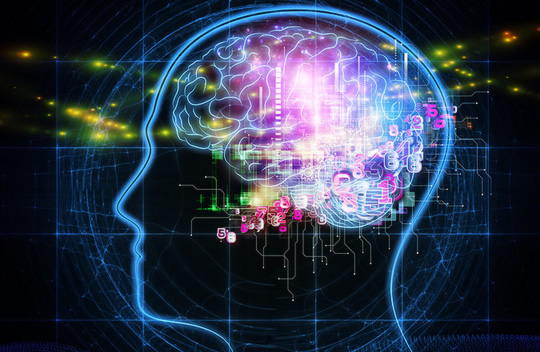New memory research has important implications for Alzheimer’s disease.
It should be possible to restore the memories of people in the early stages of Alzheimer’s disease, scientists at UCLA have announced.
This is because long-term memory is not stored at the synapses — the connections between brain cells which are destroyed in Alzheimer’s disease — as neuroscientists have long thought.
Professor David Glanzman, who led the study, said:
“Long-term memory is not stored at the synapse.
That’s a radical idea, but that’s where the evidence leads.
The nervous system appears to be able to regenerate lost synaptic connections.
If you can restore the synaptic connections, the memory will come back. It won’t be easy, but I believe it’s possible.”
The conclusions come from research on a type of marine snail called Aplysia, which was published recently in eLife (Chen et al., 2014).
Professor Glanzman explained:
“If you train an animal on a task, inhibit its ability to produce proteins immediately after training, and then test it 24 hours later, the animal doesn’t remember the training.
However, if you train an animal, wait 24 hours, and then inject a protein synthesis inhibitor in its brain, the animal shows perfectly good memory 24 hours later.
In other words, once memories are formed, if you temporarily disrupt protein synthesis, it doesn’t affect long-term memory.
That’s true in the Aplysia and in human’s brains.”
The researchers carried out a number of experiments, all of which suggested that long-term memory was not stored at the synapses as was commonly thought.
Professor Glanzman continued:
“That suggests that the memory is not in the synapses but somewhere else.
We think it’s in the nucleus of the neurons.
We haven’t proved that, though.”
This research could have important implications for those with Alzheimer’s disease, Professor Glanzman believes.
If their research is correct, while the synapses are destroyed by the disease, the memories might still be present.
Glanzman continued:
“As long as the neurons are still alive, the memory will still be there, which means you may be able to recover some of the lost memories in the early stages of Alzheimer’s.”
Image credit: A Health Blog

